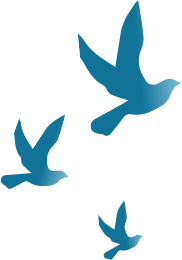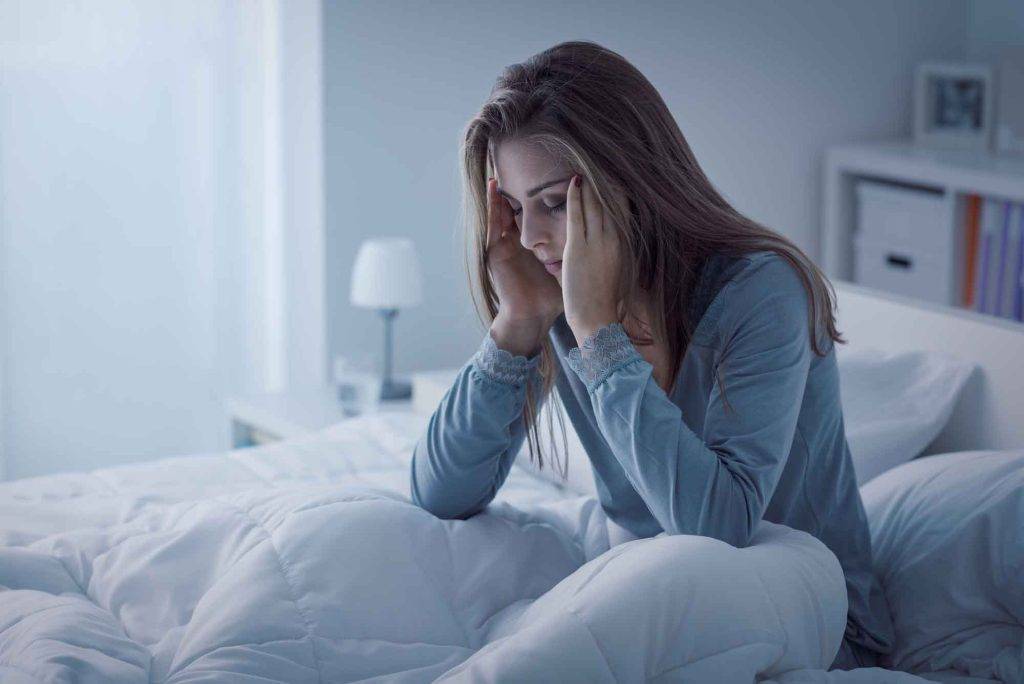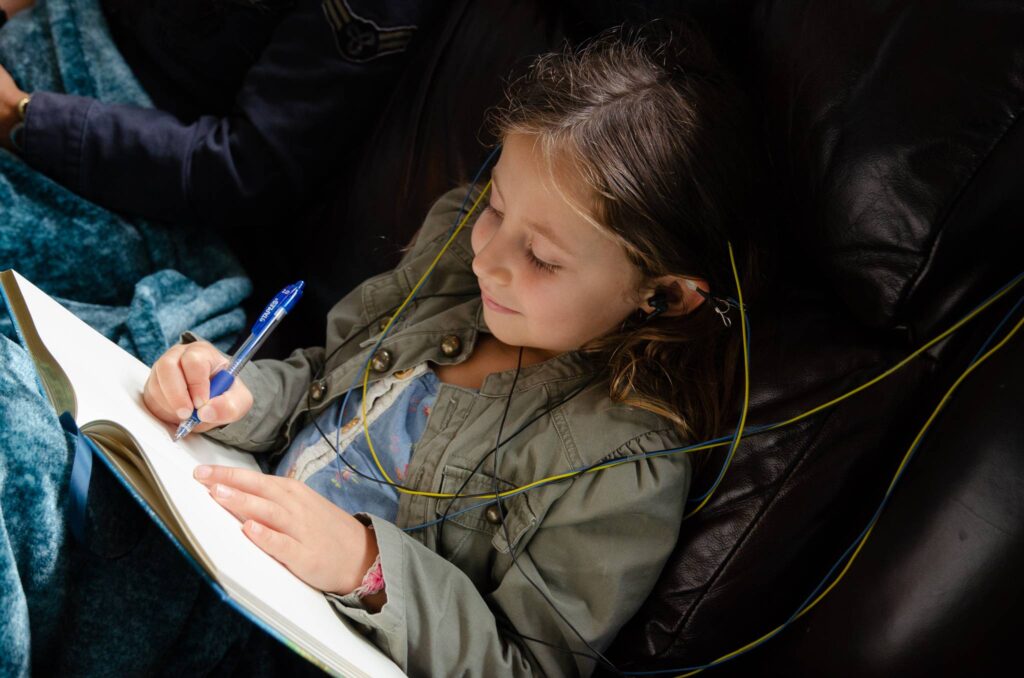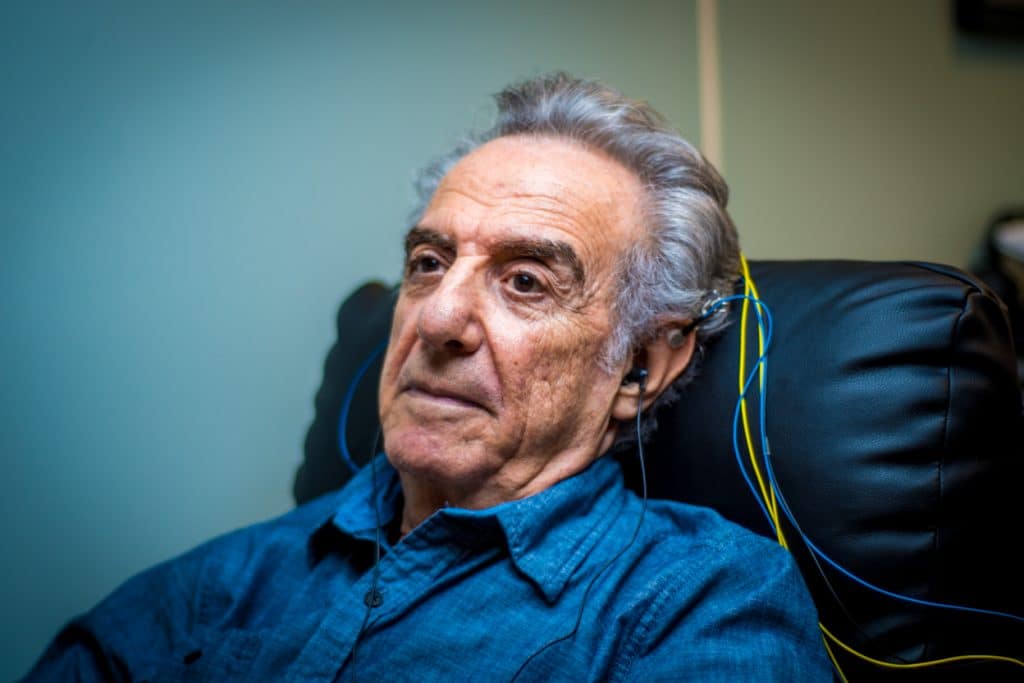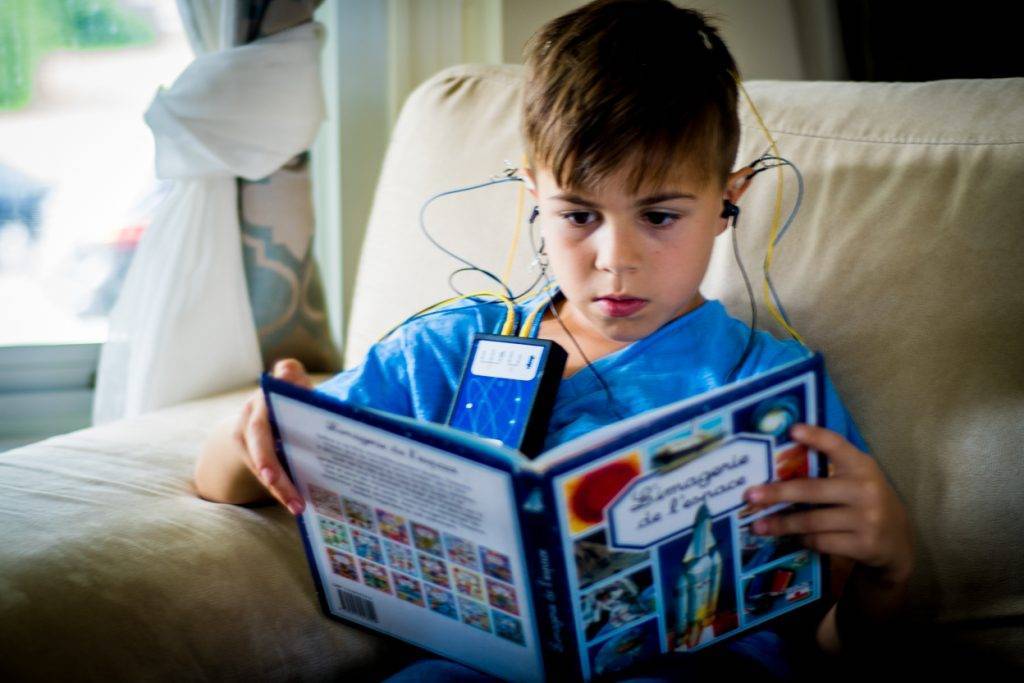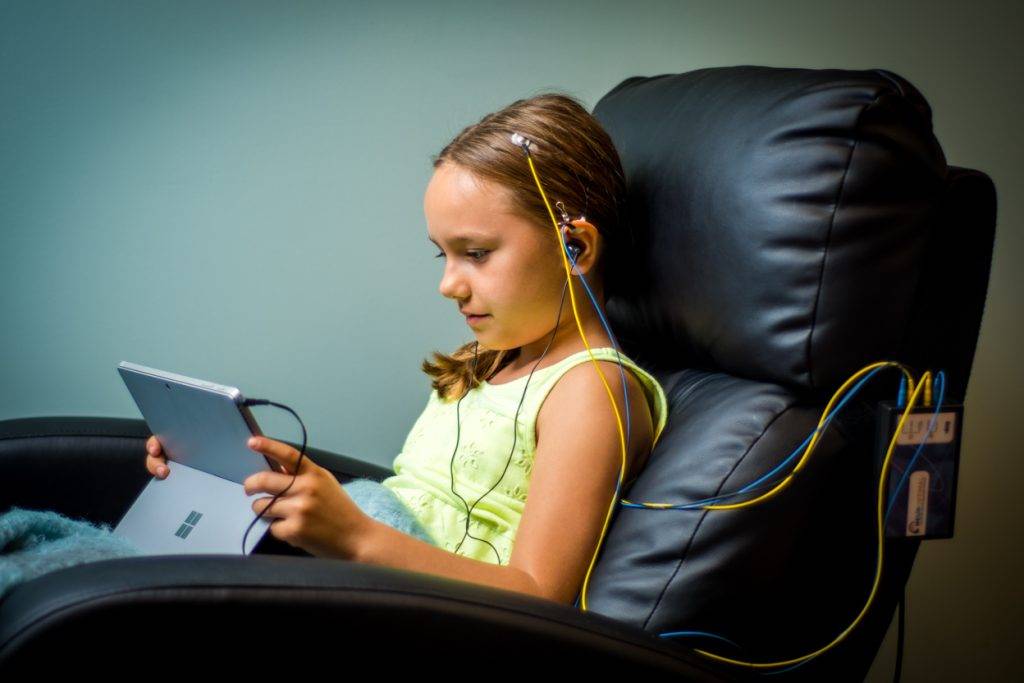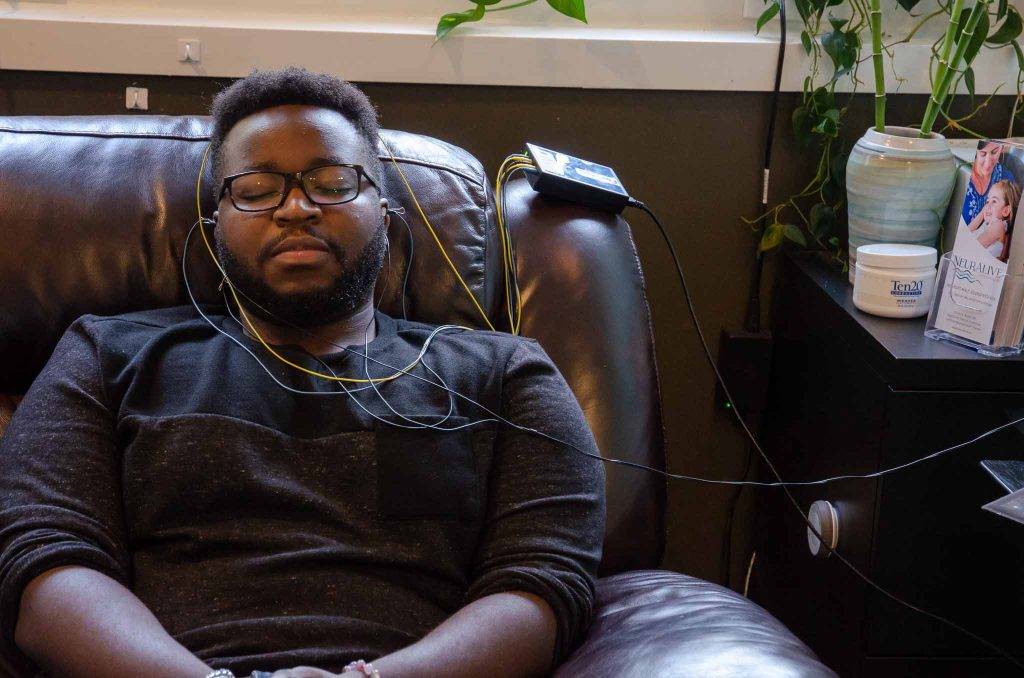Sleep Better at Night
A Good Night’s Sleep is Essential to Mental Wellbeing
NeurAlive offers advanced brain training to clients who face challenges associated with sleep disorders such as insomnia. Sleep disturbances can be debilitating in everyday life, and can even cause physical health problems. An inability to sleep could be a sign your brain is not functioning at its best. NeurOptimal® provides your brain with real time feedback, allowing it to reorganize itself and provide natural, painless, and medication-free relief from the underlying issues that can lead to disruptions in sleep patterns.
Although NeurOptimal® does not directly treat specific issues, it is a tool that helps alleviate symptoms associated with these and other conditions by improving the overall functioning of the central nervous system.
Testimonials
NeurOptimal® Trainers Around the World
Research
Sleep/Wake Rhythms & NeurOptimal®
How NeurOptimal® potentially interfaces with, and restores, natural sleep rhythms. New evidence mapping cellular networks underlying the brain’s circadian timing nucleus has provided a potential locus of control for the human circadian rhythm (HCR). This network provides a biologically plausible regulatory site for external influence of the HCR-notably pharmacologic agents, environmental influence, and particularly salient to this presentation, NeurOptimal®
Dr. Ed O’Malley, Ph.D, FAASM
Optimal Sleep Using NeurOptimal® - Insomnia Studies
A study detailing how different insomnia treatments compare to NeurOptimal®
Dr. Ed O’Malley, Ph.D, FAASM
Neurofeedback for Insomnia: A Pilot Study of Z Score SMR and Individualized Protocols
This study, published in Applied Psychophysiology and Biofeedback in 2011 explored the improvements of symptoms associated with Insomnia using two different protocols used in traditional neurofeedback approaches.
Barbara U. Hammer, Agatha P. Colbert, Kimberly A. Brown, & Elena C. Ilioi
Articles
Can’t Sleep? Train Your Brain With Neurofeedback
According to statistics from The National Sleep Foundation more than 30 percent of the population suffers from insomnia. Insomnia can be debilitating and it can cause health problems.



